
What I cannot create I do not understand. – R. Feynman, 1988
Giacomo Indiveri is a Professor at the Faculty of Science at the University of Zurich, Switzerland. He obtained an M.Sc. degree in electrical engineering and a Ph.D. degree in computer science from the University of Genoa, Italy. Indiveri was a post-doctoral research fellow in the Division of Biology at Caltech and at the Institute of Neuroinformatics of the University of Zurich and ETH Zurich. In 2006 he attained the “habilitation” in Neuromorphic Engineering at the ETH Zurich Department of Information Technology and Electrical Engineering. He won an ERC Starting Grans on “Neuromorphic processors” in 2011 and an ERC Consolidator Grant on neuromophic cognitive agents in 2016. His research interests lie in the study of neural computation, with particular interest in spike-based learning and selective attention mechanisms, and in the hardware implementation of real-time sensory-motor systems using analog/digital neuromorphic circuits and emerging VLSI technologies.
